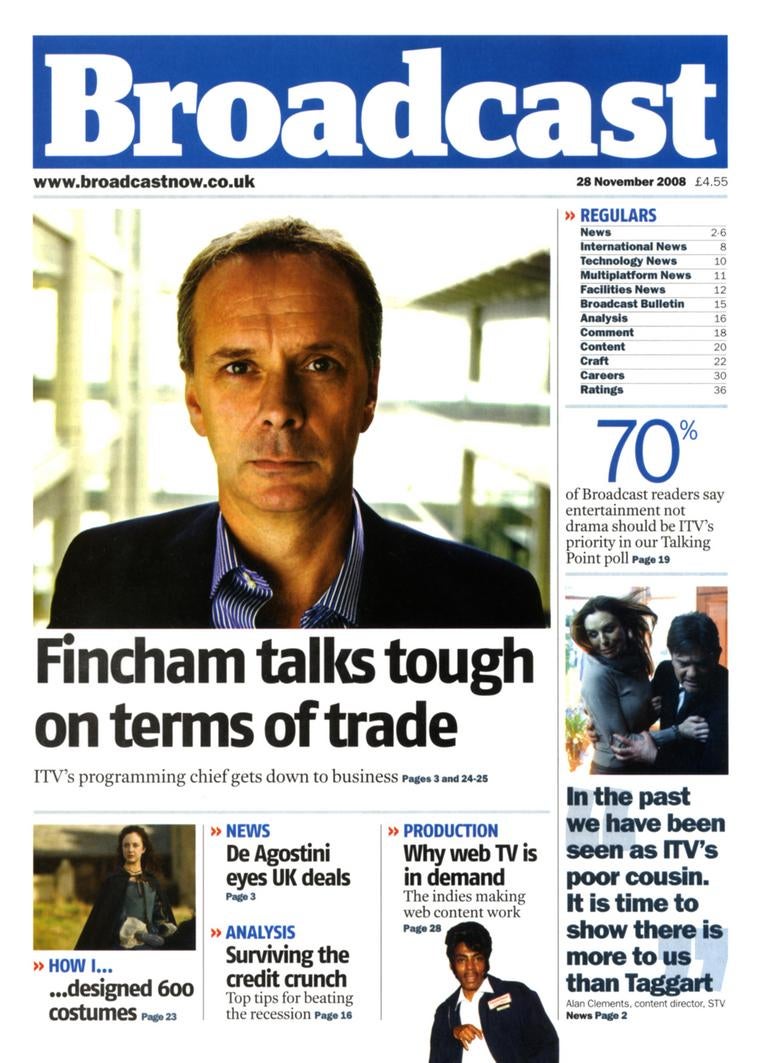
Chief executive of B2B publisher Emap, David Gilbertson, today accused business journalism of over-estimating its own importance.
He told the Association of Online Publishers summit, in London, that supplying news alone was unlikely to provide as successful a digital future for business-to-business publishers as providing market intelligence to customers.
The boss of Emap, which publishes business titles including Broadcast, Drapers and the Nursing Times, said: “There are a lot of media publications out there that will tell Emap what’s happening in Reed Business Information. Will it make any difference to where we get our next pound from? Probably not.
“It will be interesting to know, and it will be good to keep on top of it, but by comparison if someone could deliver me an information service which says ‘this is where the advertisers are currently spending their money this is where your next ad revenue will come from’ I will pay a lot of money for the second product and not so much money for the first product. In some cases little or nothing.”
Gilbertson told delegates that much B2B content was mistakenly seen as ‘must have information’ when it was really ‘nice to have’ content masquerading as something more vital to business performance.
He said: “Many B2B publications like to tell people in their industry what’s going on in that industry, ‘six people have moved from this company to that company, this company has just bought this business,’ those are interesting bits of information but does any of that affect my business performance and if I don’t know it will it matter?
“In practise a lot of B2B content is reportage and much business journalism is inherently in the nice to know category. Do business customers have to know that to do their business? Maybe, maybe not.
“Much business journalism celebrates newness and difference but does not illuminate meaning and put things into context. In doing that it can very easily over-estimate its importance in the industry.”
Gilbertson said ‘quite interesting’ content was not enough and the key question for the future of B2B publishing was whether it could provide information digitally that was distinct and helped its business readership perform better.
Those publishers that could produce distinctive content that informs rather than simply provides interest, he said, were likely to be the ones that would succeed following the conversion to digital publication.
He said: ‘If everybody has near unlimited audience quantity [online] then to survive profitably you have to be able to provide audience quality.
‘To my mind there are two ways you can attract audience quality, either through sustaining your uniqueness of content or through quality differentiation that the customer actually values and appreciates.
‘If you can find content that is sustainably distinctive and you have some sort of special value proposition that customers appreciate, then you can generate returns.”
Email pged@pressgazette.co.uk to point out mistakes, provide story tips or send in a letter for publication on our "Letters Page" blog
